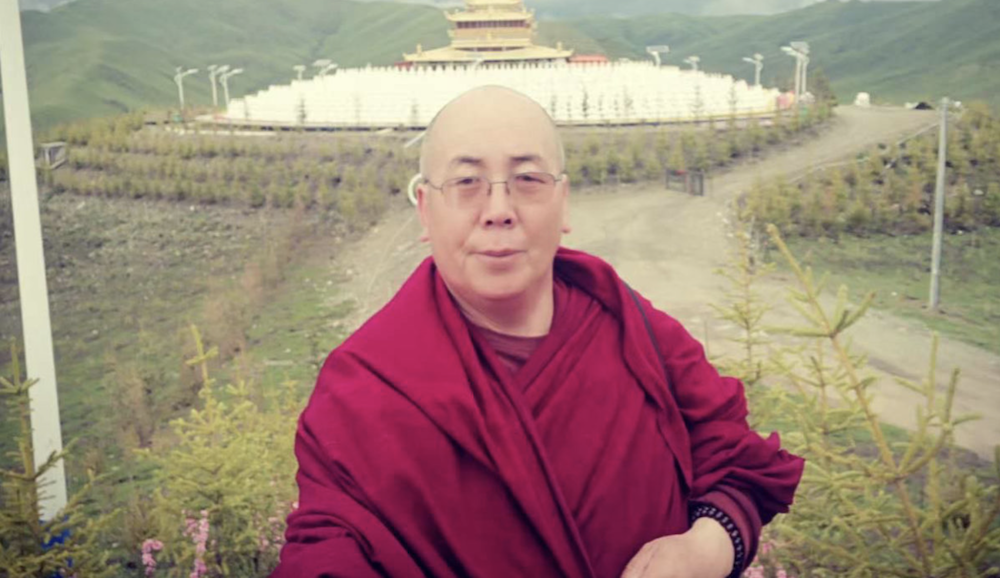Extend LDC status, say supporters
Cancun, September 10 – Tibetan farmers are facing deepening poverty in the face of China’s WTO accession. The World Trade Organization members must recognize Tibet as a “least-developed country (LDC)” in recognition of its vulnerable agricultural sector and in spite of China’s political and economic control of its territory.
The 5th WTO Ministerial meeting opens today in Cancun, Mexico, amid complaints from non-governmental groups that it has failed to take development concerns into account or to protect those who have suffered the most as a result of its rules.
Approximately 90% of Tibetans live in rural areas where incomes are the lowest in all China. The stagnated rural economy persists despite rapid growth in urban, state-controlled industrial and service sectors, dominated by ethnic Chinese and far-removed from most Tibetans.
“WTO rules will only make the situation worse for Tibetans living under China’s occupation”, said Thubten Samdup, National President of the Canada Tibet Committee. The result is growing inequality based primarily on race.”
Under China’s WTO accession agreement, tariffs for cereal grains must be reduced from 91.1% – 3%, and for oil seeds from 96.9% to 3.9%. These 2 categories account for most of the crops grown by Tibetan farmers – barley, wheat and rapeseed. The resulting downward price spiral will lead to further reductions in household incomes and to increased poverty among Tibetans.
If the WTO were to extend LDC status to Tibet, small-scale Tibetan farmers producing for local markets would be exempted from agricultural quota and tariff reduction requirements allowing them to adopt a step-by-step development strategy rather than face further marginalization and deepening poverty.
“The Tibetan people had no say in the WTO accession negotiations” Samdup said. “The international community should adopt special rules for people living under foreign occupation”.









